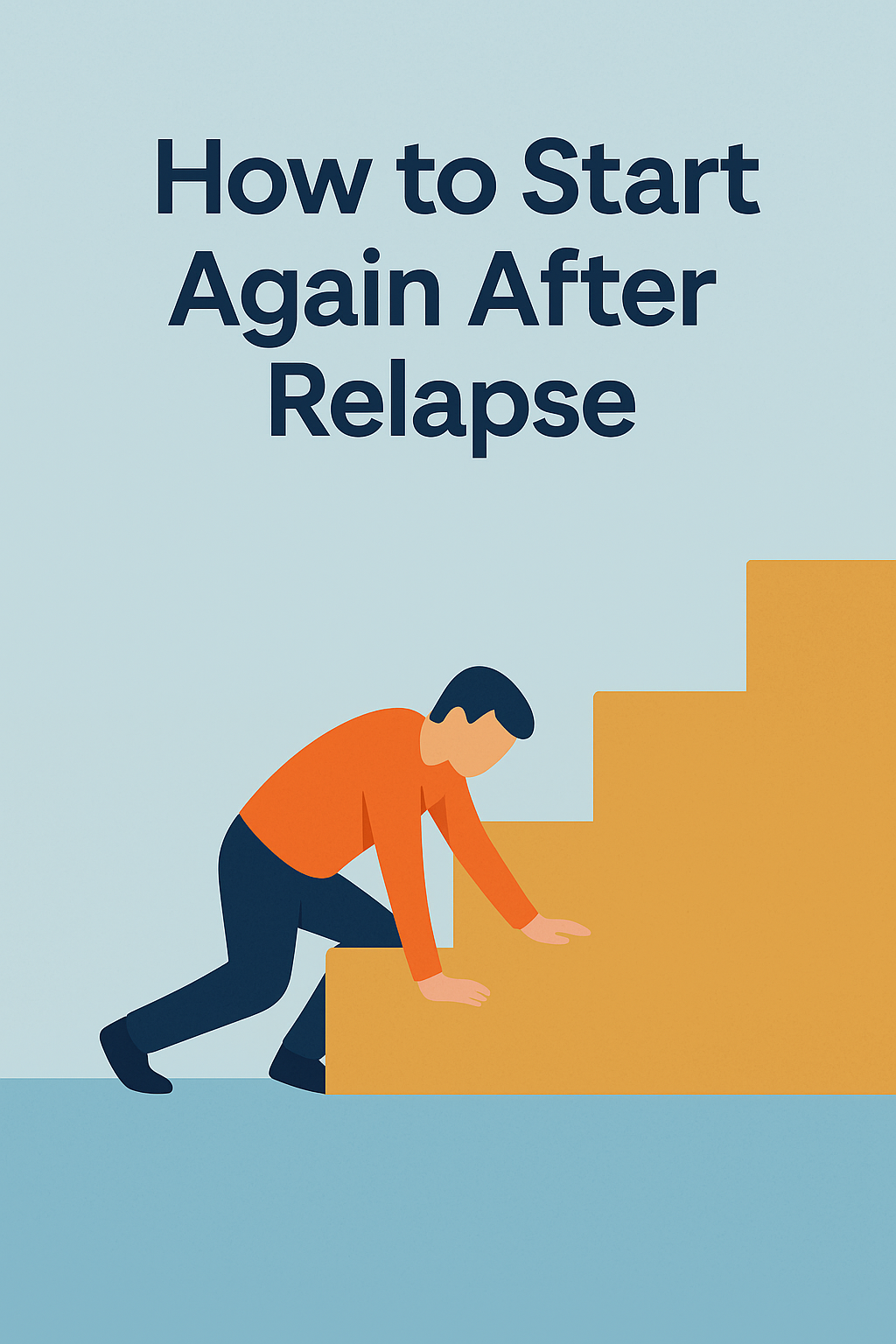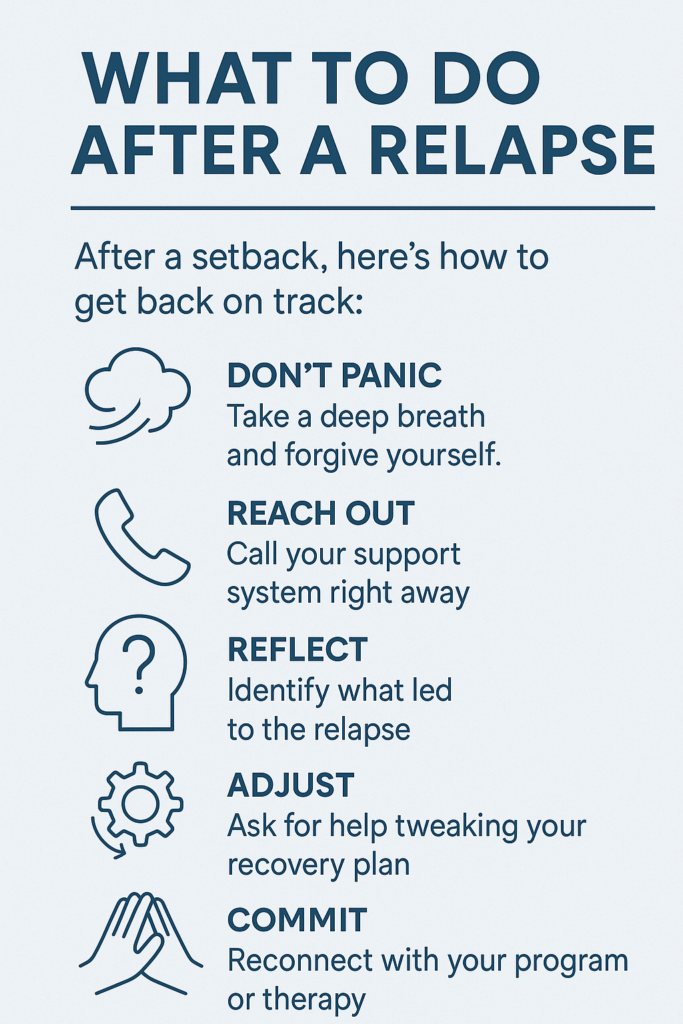
Relapsing after 90 days can feel like the floor dropped out beneath you. For many alumni of treatment, there’s a unique sting that comes from making progress, feeling proud—and then slipping. If you’re reading this from a place of shame or confusion, take a breath. Relapse happens. What matters now is what you do next. And you don’t have to figure it out alone.
At COR Behavioral Health in Hobe Sound, Florida, we meet people where they are—including those starting over.
1. Relapse Doesn’t Erase Your Progress
It’s easy to believe that a relapse means you’re back at square one—but that’s not true. Recovery isn’t a straight line. The work you did to get to 90 days isn’t lost. You still carry every insight, skill, and piece of growth you built in that time.
What’s shifted is your connection to those tools—and now’s the time to reconnect. Your ability to recognize the signs of relapse, feel remorse, and want to get back on track is actually a form of progress. It shows that your values have shifted and that sobriety still matters to you.
This is a chance to build on what you’ve learned, not start from scratch.
2. Shame Can Block Recovery—Compassion Opens the Door
Shame says, “You messed up. You’re not worth trying again.”
But recovery doesn’t respond to shame. It responds to honesty, accountability, and support. Shame is isolating—it makes you want to hide, which only deepens the spiral. Compassion, on the other hand, lets you see your relapse for what it is: a signal, not a sentence.
If you feel stuck in self-blame, talk to a counselor. At COR, we approach relapse with compassion, not judgment. We help you explore what happened—not to punish, but to understand and adapt. Relapse becomes a learning moment, one that can deepen your resilience and refine your recovery.
3. Your Support System Still Matters—And Is Still There
Many people isolate after relapse. You might feel too embarrassed to reach out to your sponsor, group, or treatment center. But the truth is, you’re not the first person to walk back in after disappearing—and you won’t be the last.
The people who care about your recovery haven’t forgotten you. In fact, many of them have relapsed too, and they understand the courage it takes to return. Reaching out is not a sign of weakness—it’s a sign of commitment.
At COR Behavioral Health, we hold space for re-entry. Whether you need outpatient support, therapy, or a fresh recovery plan, we’re here when you’re ready. You don’t need to have the perfect explanation or the right words. You just need to show up.
4. What Worked Then Might Need Tweaking Now
Maybe your relapse was triggered by something new—or by something you thought you’d handled. Life changes, and your recovery plan needs to evolve with it. That’s not failure. That’s wisdom.
This doesn’t mean your previous work failed. It means it’s time to reassess. Maybe your stress load increased, or a subtle form of grief crept in. Maybe you lost connection with your support system or dropped a routine that kept you grounded.
A counselor can help you evaluate your recovery toolkit. Are your boundaries holding up? Are you still avoiding your known triggers? Have you replaced old routines with ones that actually support your mental health?
Recovery is dynamic. When you notice a plan isn’t working anymore, adjusting it isn’t a setback—it’s growth.
5. You’re Not Alone—and You Don’t Have to Pretend You’re Okay
Relapsing doesn’t mean you’re broken. It means you’re still in this. Thousands of people in recovery relapse after a milestone. It’s more common than you think—and it’s survivable.
You don’t have to act like everything’s fine. You don’t have to go through this alone. You’re allowed to say, “I need help,” without having to explain everything.
Being honest about your struggle is part of the healing. The recovery community—including everyone at COR Behavioral Health—knows that healing is rarely linear. We’ve walked with people through their darkest days, and we’ll walk with you, too.
“Coming back after relapse was the hardest and best decision I ever made.”
— Outpatient Client, 2023
Ready to Reconnect?
📞 Call COR Behavioral Health at (888) 511-8424. We offer outpatient recovery programs, counseling, and compassionate support in Hobe Sound, Florida. You don’t have to be perfect—you just have to be willing.
Explore more:
- Outpatient Programs at COR Behavioral Health
- How to Handle Triggers After Treatment
- What to Do When Recovery Feels Flat





